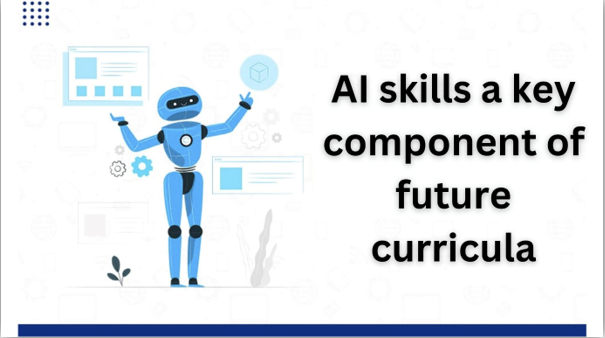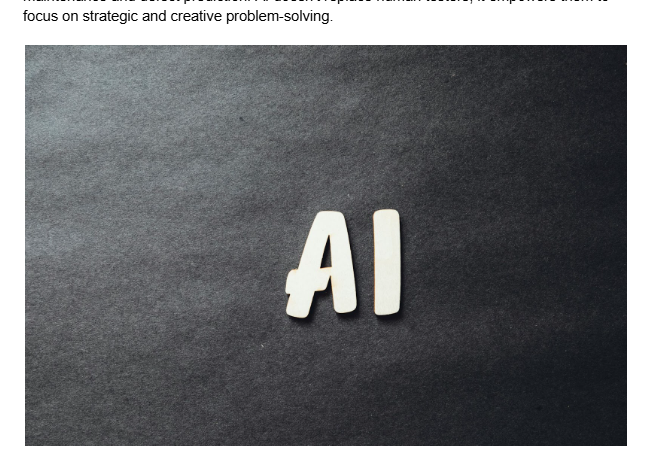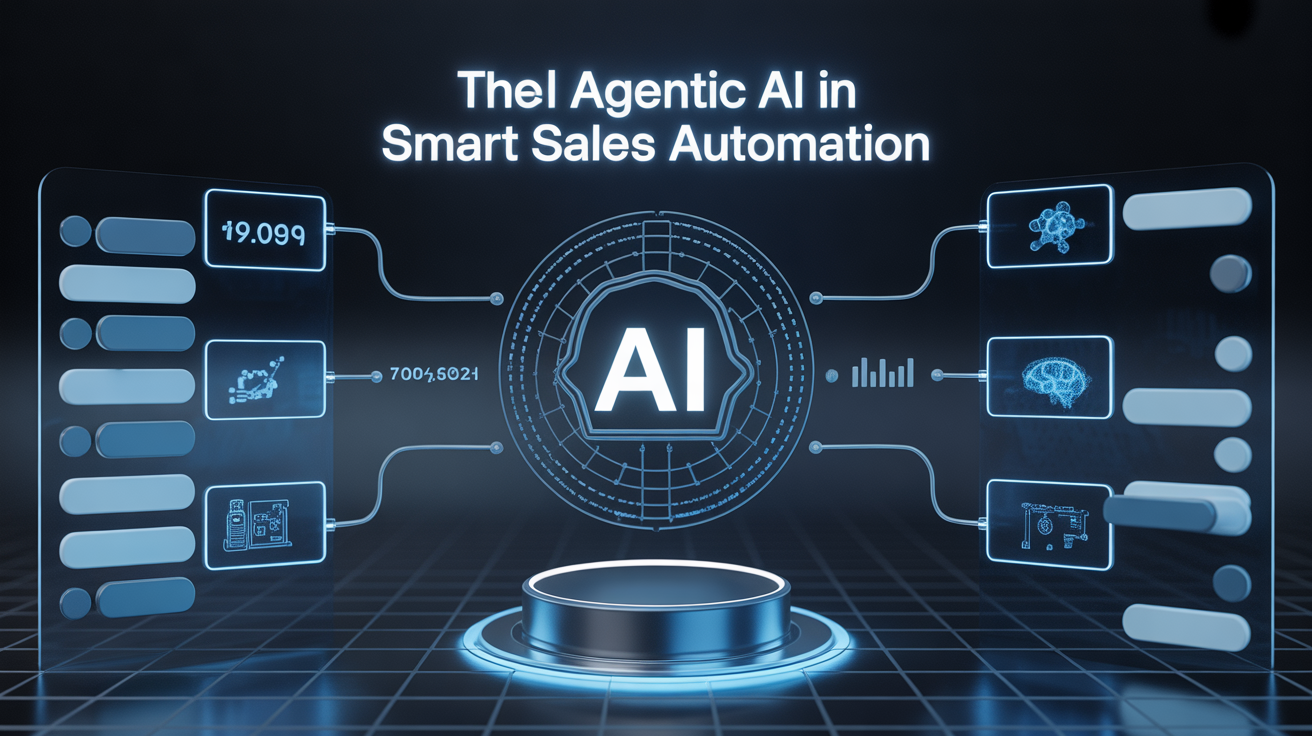
In the age of digital transformation, artificial intelligence (AI) is emerging as an essential technology. Its rapid integration into various professional sectors makes it essential to teach AI skills from an early age. This article explores why and how the integration of AI skills into educational curricula has become crucial in preparing students for the challenges and opportunities of the future.
The growing need for AI skills
AI is more than just a passing fad on the technological landscape. Sectors such as healthcare, finance, marketing and even education are being profoundly transformed by AI. This revolution raises an urgent question: are our current education systems preparing students for a future where AI competence is indispensable?
AI Applications
Integrating AI into educational programs
AI training courses already exist, but it's vital to integrate this teaching into existing school curricula further. This doesn't just mean learning to code, but also understanding the fundamental concepts of AI, such as machine learning, natural language processing, and robotics. It's crucial that this training is not limited to computer science students. It must be accessible to everyone, whatever their field of study. Learn AI in simple language to make these concepts easier to grasp.
Developing critical thinking around AI
In addition to technical mastery, it is imperative to teach critical thinking around AI. Students must be able to assess the ethical, social and legal implications of AI. This includes understanding potential biases in algorithms, data privacy issues and the impact of automation on the labor market.
AI skills for all fields
AI is not just for technophiles. Its applications extend to almost every field.
In commerce, for example, understanding AI can help analyze market trends.
In medicine, it can assist in the diagnosis and personalized treatment of patients. As a result, AI skills need to be taught across the board, integrated into various fields of study.
Success stories and role models
Many educational establishments around the world have already begun to integrate AI into their curricula. Prestigious universities are offering specialized courses, while some primary and secondary schools are introducing students to basic AI concepts. These examples can serve as models for other institutions seeking to modernize their curricula.
To conclude, integrating AI skills into educational curricula is not just a necessity for students' future employability. It is crucial to prepare a generation capable of navigating and shaping a future where AI will play a central role. By adapting our education systems to this reality, we can open doors to unimaginable innovations and ensure that future professionals will not only be proficient in AI, but also aware of its impact on society.



